FedEx handles over 15 million packages daily. A two-armed, AI-infused robot is now helping pack some of them into delivery trucks with expert care.



And that is just health care. In 1940, there were 42 workers per beneficiary of Social Security. Today, there are only 2.8 workers per beneficiary, and that number is getting smaller. We are going broke, and the young men who will play a huge role in determining our nation’s future are going there with AI girlfriends in their pockets.
While the concept of an AI girlfriend may seem like a joke, it really isn’t that funny. It is enabling a generation of lonely men to stay lonely and childless, which will have devastating effects on the U.S. economy in less than a decade.
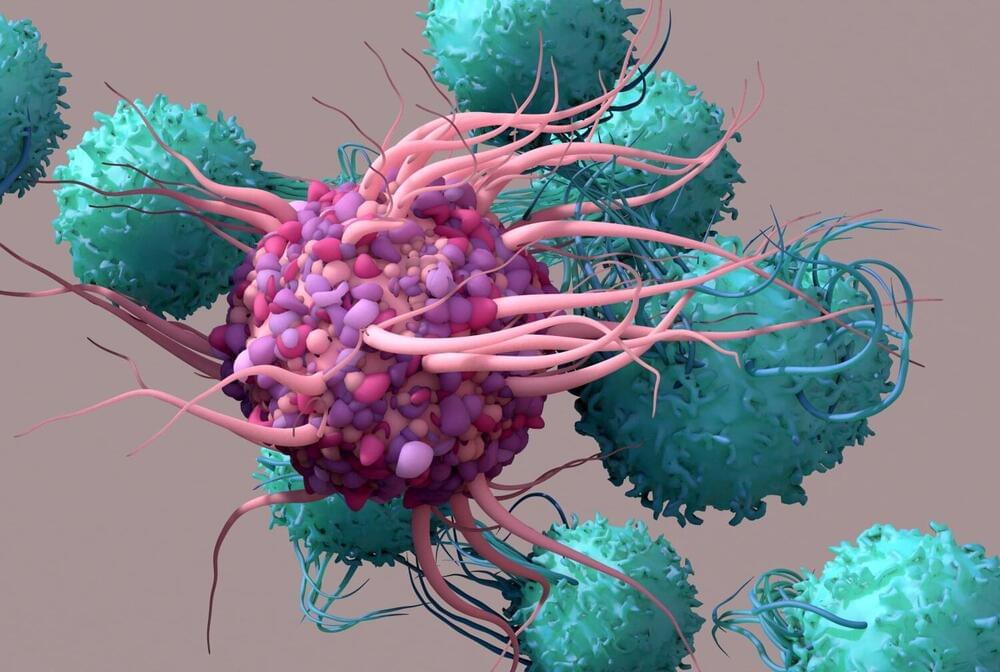
Researchers at Weill Cornell Medicine have discovered that radiation therapy combined with two types of immunotherapy—one that boosts T cells, and another that boosts dendritic cells—can control tumors in preclinical models of triple negative breast cancer, a cancer type that’s typically resistant to immunotherapy alone. Immunotherapy activates the body’s own immune system to fight cancer but isn’t effective for difficult-to-treat “cold” tumors, like this.
The findings were published Aug. 24 in Nature Communications. Though radiation therapy has previously been combined with T-cell boosting immunotherapy, it rarely succeeds in eliminating cold tumors. The new, preclinical study found that activating another type of immune cell called a dendritic cell, in addition to the other two approaches, produced a synergistic effect that elicited tumor regression.
“I think this is quite exciting,” said principal investigator Dr. Sandra Demaria, professor of radiation oncology at Weill Cornell Medicine and pathologist at NewYork-Presbyterian/Weill Cornell Medical Center, who conducted the research under the auspices of the Department of Radiation Oncology. “There is so much room for improvement to provide more effective therapeutic options, especially for patients with cold tumors.”
Professor Nita Farahany reveals to Azeem Azhar the startling advancements of brain-scanning technology and the extraordinary implications this tech has for privacy and humanity.
——-
Like this video? Subscribe: https://www.youtube.com/Bloomberg?sub_confirmation=1
Become a Quicktake Member for exclusive perks: https://www.youtube.com/bloomberg/join.
Bloomberg Originals offers bold takes for curious minds on today’s biggest topics. Hosted by experts covering stories you haven’t seen and viewpoints you haven’t heard, you’ll discover cinematic, data-led shows that investigate the intersection of business and culture. Exploring every angle of climate change, technology, finance, sports and beyond, Bloomberg Originals is business as you’ve never seen it.
Subscribe for business news, but not as you’ve known it: exclusive interviews, fascinating profiles, data-driven analysis, and the latest in tech innovation from around the world.
Visit our partner channel Bloomberg Quicktake for global news and insight in an instant.

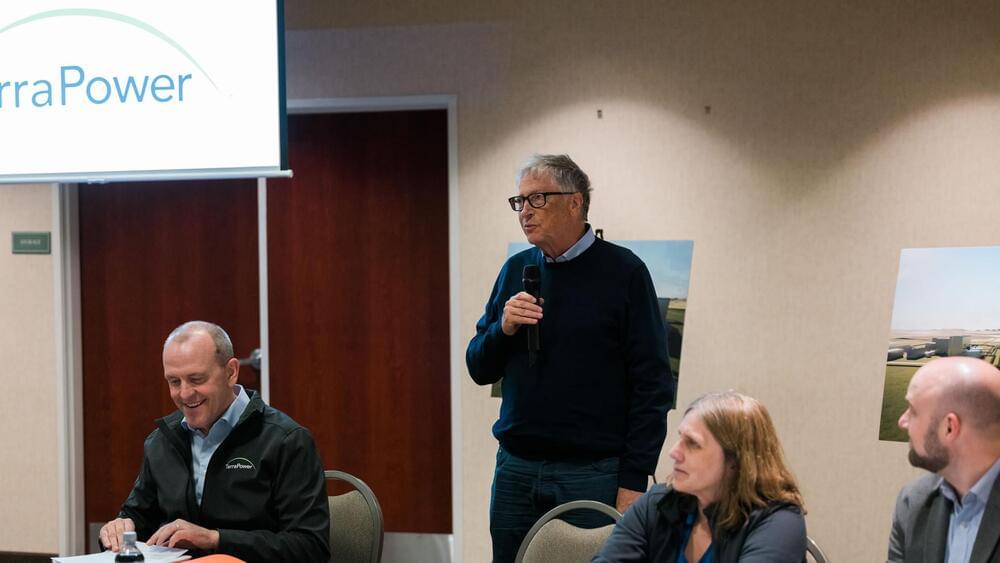
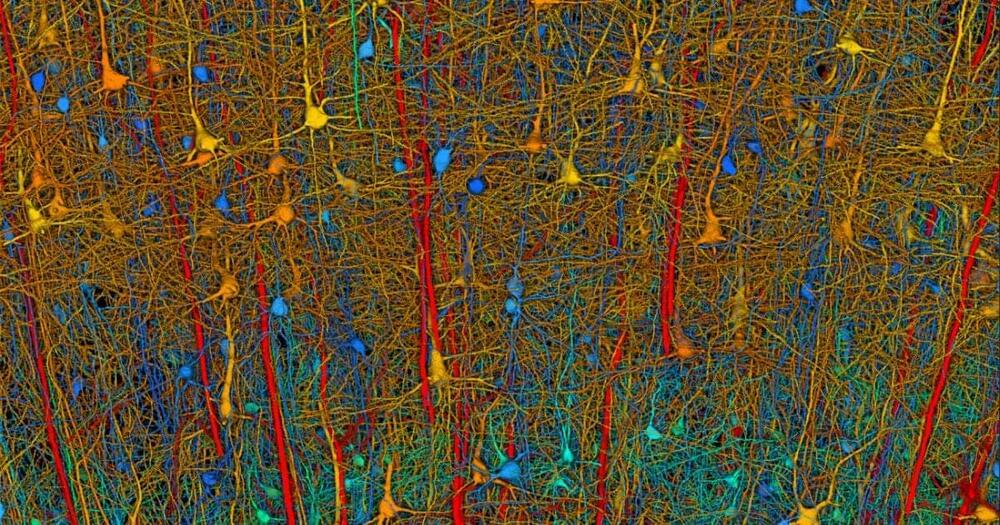
Would hope this means we dont Need to reverse engineer and are done w/ the brains of insects. From here, id like to see done in about following order, reverse engineer brains of: 1. Mice, 2. Lab Rats, 3. Crows (small brains, but supposedly smarter than chimps) 4. Octopi, 5. Pigs, 6. Chimps, and 7. and end on the human brain. Would hope we can do work on each in the build up to human brains, mainly tec it will require to reverse engineer all mentioned. Maybe it leads no where, or maybe we need it all to solve Agi. Also, aim for completion by 12/31/2029. Wanted to add, i believe should be an international effort: US, Canada, EU, Israel, Korea, Japan, etc… instead of just being a US project.
By Anne J. Manning Harvard Staff Writer.
Date September 26, 2023 September 27, 2023.
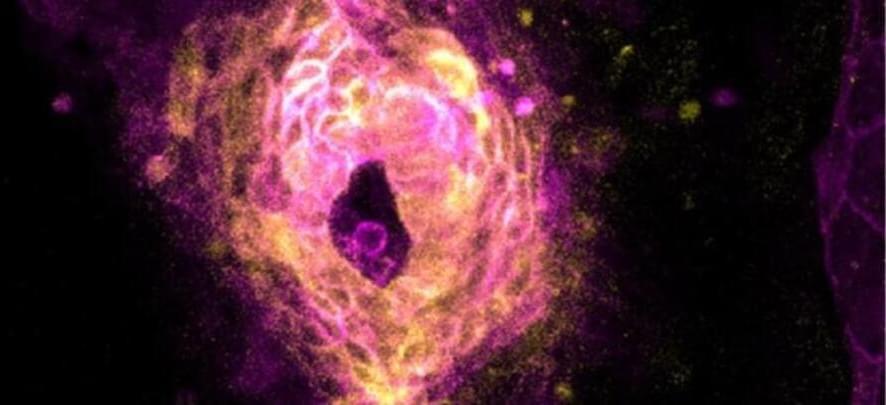
Scientists have captured the fleeting moment when a heart starts beating, a feat made all the more remarkable when you consider the relative brevity of a zebrafish’s life.
In a tight window about 20 hours into zebrafish development, the embryos’ developing hearts jumped into action, emerging as one from an ensemble of single cells.
“It was like somebody had flipped on a switch,” says Harvard University biophysicist Adam Cohen, senior author of the new study, which imaged zebrafish embryos snug in custom-made agarose molds to capture this once-in-a-lifetime event.

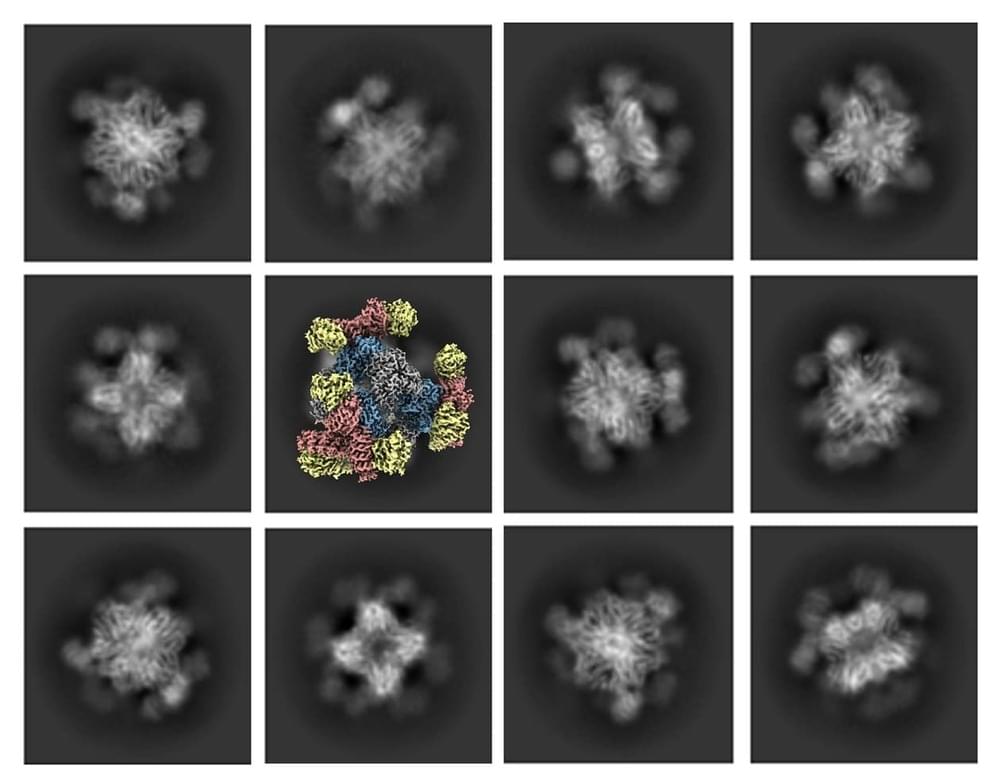
Using their new scaffold with cryo-EM, the UCLA-led team saw the atomic structure of KRAS when it was connected to a drug being studied for lung cancer treatment. This showed that their method can help understand how drugs interact with proteins like KRAS, potentially leading to better medicines.
Castells-Graells said, “The potential applications for the new advance don’t stop with cancer drugs. ” Our modular scaffold can be assembled in any configuration to capture and hold all small protein molecules.”
The UCLA-led team’s essential improvement to cryo-EM technology represents a significant milestone in structural biology and scientific imaging. Their achievement in visualizing small therapeutic protein targets at 3 Å resolution is a testament to the power of innovation and collaboration in pushing the boundaries of scientific discovery. This breakthrough promises to revolutionize drug development and our understanding of complex biological systems, further solidifying Cryo-EM’s place as an invaluable tool in modern research.